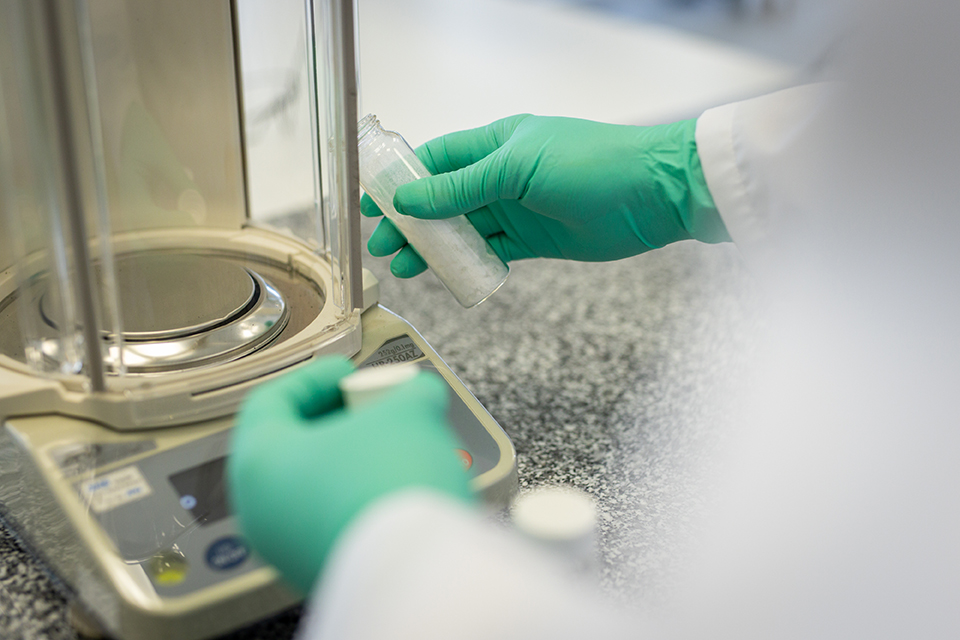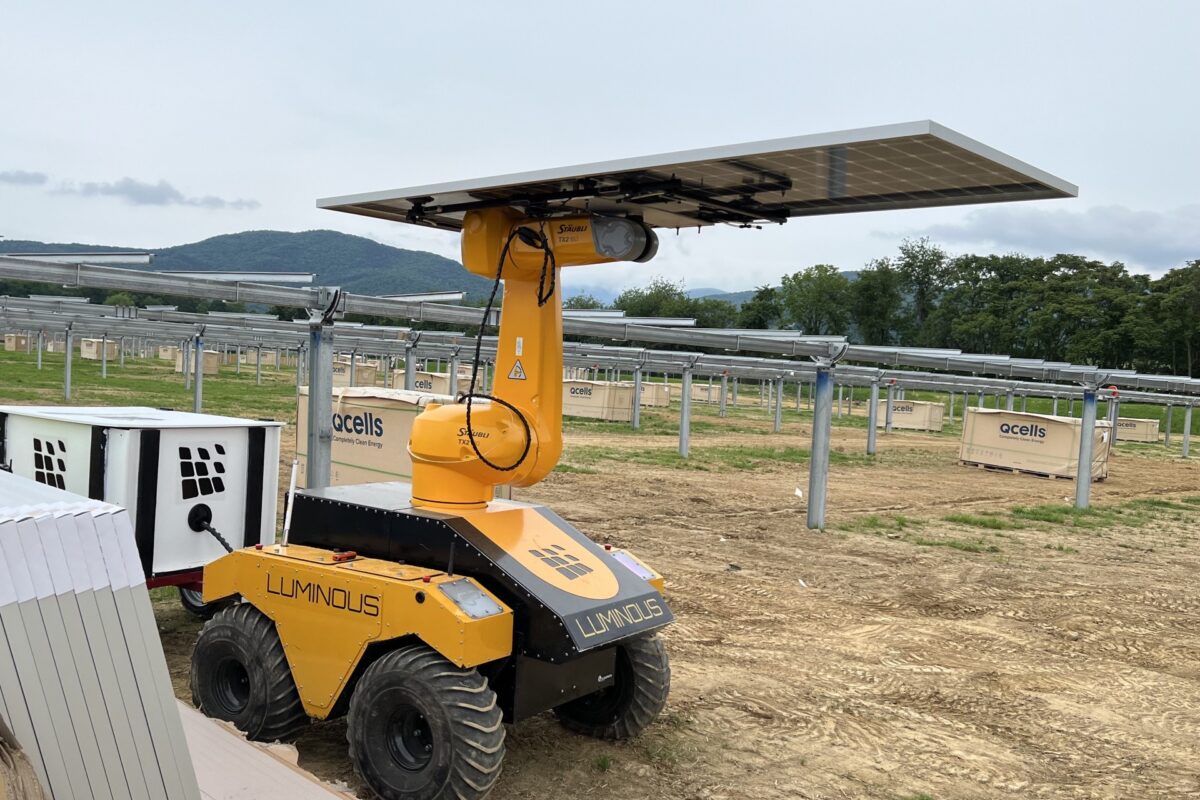Publicly listed Queensland company Li-S Energy has been working with Victoria’s Deakin University and PPK Group, among others, to develop lithium sulfur batteries capable of enduring beyond the chemistry’s notoriously short life cycle.
The company has today announced its GEN3 Li-S Energy battery system, which it says significantly improves volumetric energy density as a result of a lower porosity cathode material; has higher gravimetric energy density attained through its optimised cathode materials, and has better safety due to its low flammability electrolyte.
The 20-layer cells were produced in Li-S Energy’s “semi-automated” facility in Geelong, Victoria where test cell production is anticipated later this year, once the company’s new Phase 3 facility is complete.
Li-S Energy says its third generation cells are currently demonstrating a gravimetric energy density in its laboratories of over 400 Wh/kg, and a volumetric energy density of 540 Wh/l. In other words, the cells are the same physical size as existing lithium-ion batteries but half the weight, according to the company.
Trying to capitalise on this feature, the company’s main target sectors include drones and “eAviation” – electric aviation.
On the issue of durability, Li-S Energy’s cells incorporate both its patented “Li-nanomesh” technology and Boron Nitride Nanotubes to reduce dendrite growth. Its team is currently developing the cell cycle testing and characterisation results to produce an industry standard datasheet on the GEN3 cells.
“The development of these new battery cells is another validation of the strength of our scientific and technical teams, and our collaboration with Deakin University and other Australian and international institutions,” Li-S Energy CEO, Lee Finniear, said. “In the coming months we look forward to commencing the production of commercial samples for our partners.”
In addition to then new cells, the company is progressing its co-funded project at Deakin University, part of the ARC Research Hub for Safe and Reliable Energy, in which it is seeking to
jointly create a full-solid-state lithium sulfur battery.
The company also recently announced Apple’s former lead battery scientist, Dr Paul Bayley, had been appointed as its Research and Development Manager.
This content is protected by copyright and may not be reused. If you want to cooperate with us and would like to reuse some of our content, please contact: editors@pv-magazine.com.









2 comments
By submitting this form you agree to pv magazine using your data for the purposes of publishing your comment.
Your personal data will only be disclosed or otherwise transmitted to third parties for the purposes of spam filtering or if this is necessary for technical maintenance of the website. Any other transfer to third parties will not take place unless this is justified on the basis of applicable data protection regulations or if pv magazine is legally obliged to do so.
You may revoke this consent at any time with effect for the future, in which case your personal data will be deleted immediately. Otherwise, your data will be deleted if pv magazine has processed your request or the purpose of data storage is fulfilled.
Further information on data privacy can be found in our Data Protection Policy.